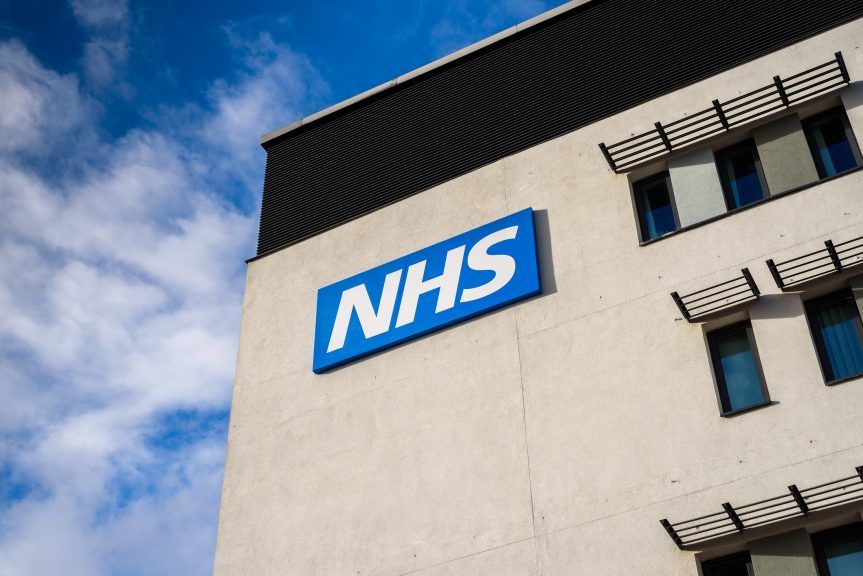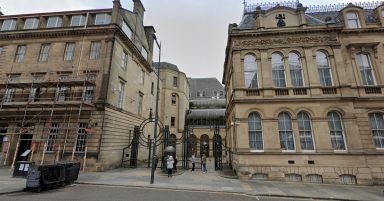An arm of the NHS has announced it will make non-financial reparations for its historical links to slavery following new research.
NHS Lothian said on Thursday it would raise awareness, provide education and forge new relationships in order to make amends for its previous connections with the slave trade.
The two-year research project, funded and conducted by NHS Lothian Charity, investigated the historical links within the NHS region, particularly within the Royal Infirmary of Edinburgh (RIE).
Initial research found an estimated modern-equivalent of £39.1m in funding provided to the RIE came from its ownership of an estate in Jamaica and the enslaved people of African descent attached to it, as well as donations from people involved in the slave trade.
The estate, Red Hill pen, was situated in St-Thomas-in-the-East, Jamaica, and owned by RIE for 143 years.
The research found that for almost 90 of those years, income generated from slavery at the estate provided funding for the RIE.
The hospital used the money for medicine, the construction of a new building and staff wages.
The research also found that in 1750, 39 enslaved people of African heritage on Red Hill pen, came into the ownership of the RIE through the will of a Scottish surgeon, Dr Archibald Kerr, who lived in Jamaica.
The research, which began in 2021, was presented to board members of NHS Lothian at a meeting on October 4, alongside a series of eight recommendations.
NHS Lothian was advised to issue an apology and to create an implementation group to deliver anti-racist interventions in order to tackle racial inequality in employment and in the healthcare sector.
It also proposed that commemorative works should be commissioned through the NHS Lothian Charity, and said current arts and culture activity within the NHS region should be reviewed.
Finally, researchers suggested NHS Lothian should explore partnerships with organisations in Jamaica and West Africa to look for further connections between the health board and slavery, and said NHS Lothian should encourage research partnerships on the impact of slavery on British medicine and healthcare systems.
Calum Campbell, chief executive of NHS Lothian, said: “This important work was carried out to help give us a greater understanding of the history that has shaped our society and institutions.
“Tackling racism helps us reduce health inequalities and improve outcomes for our diverse population and ensures a better experience for everyone who works with and for us. This work is vital to delivering this ambition.
“We have a duty to use this understanding to take action that will create meaningful change.
“We will now begin work to plan how we will implement the recommendations to ensure they have an impact.”
He added: “The timing of this research is particularly important as we, in NHS Lothian, recognise Black History Month to share, celebrate and understand the impact of black heritage and culture.
“It is an opportunity for black and minority ethnic staff and their allies to share their experiences and to collaboratively bring change to the organisation.
“It also provides us with a further opportunity to reflect on the past, as well as look forward and opens up conversations about how we tackle racism, rising health inequalities and modern slavery.”
Follow STV News on WhatsApp
Scan the QR code on your mobile device for all the latest news from around the country


 iStock
iStock

























